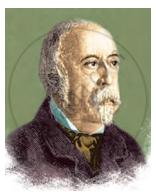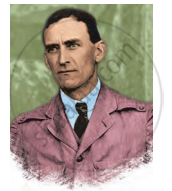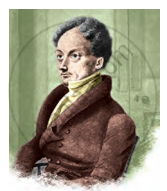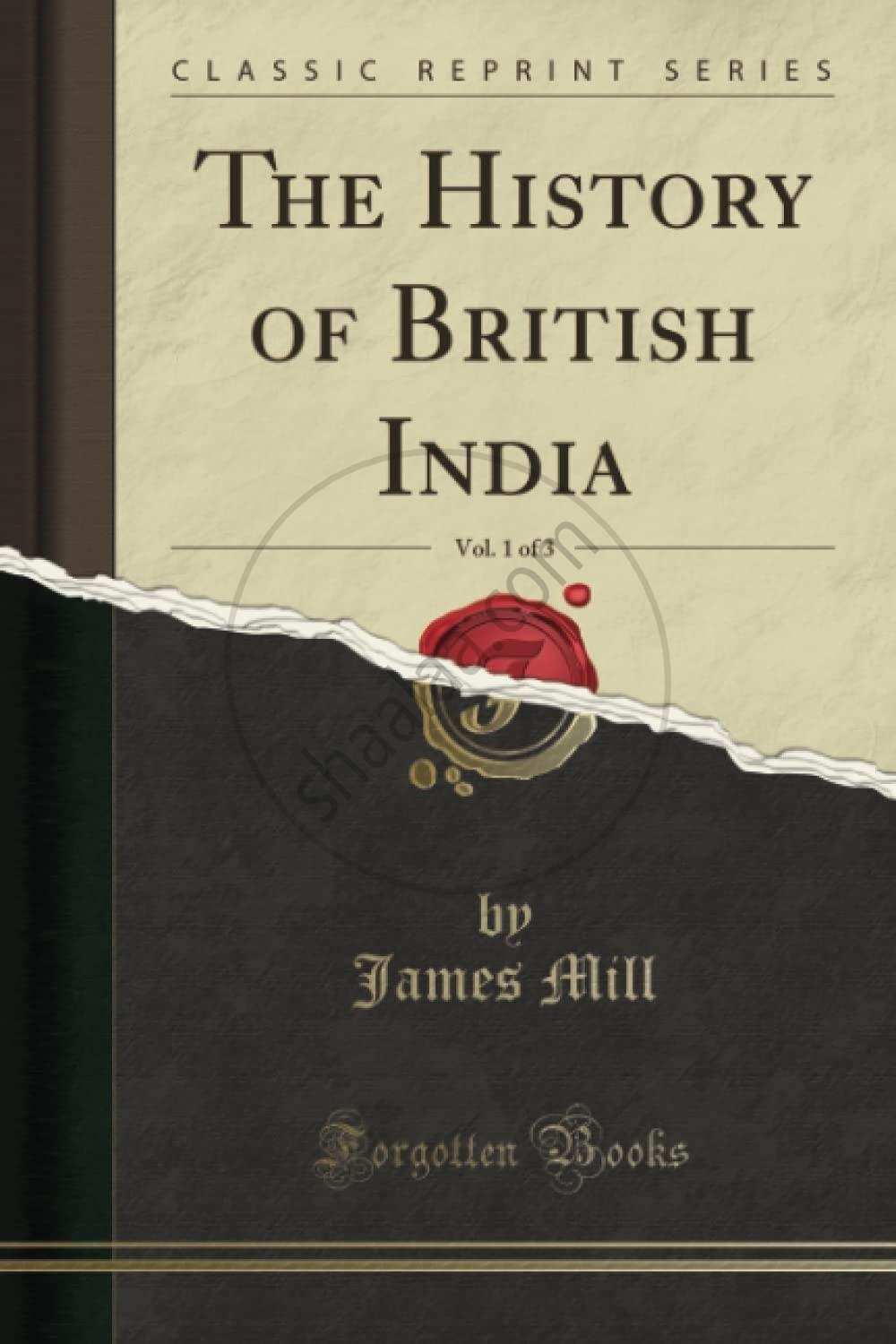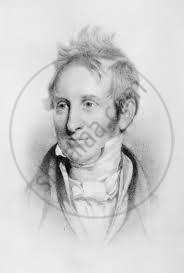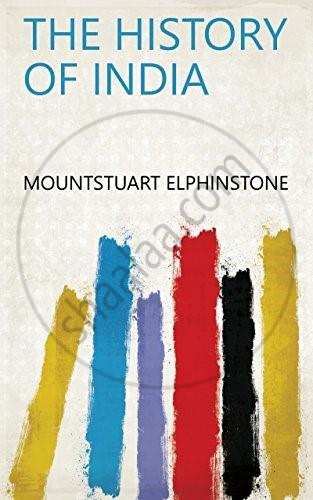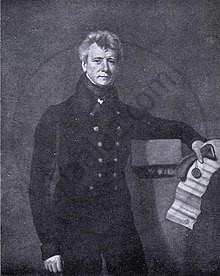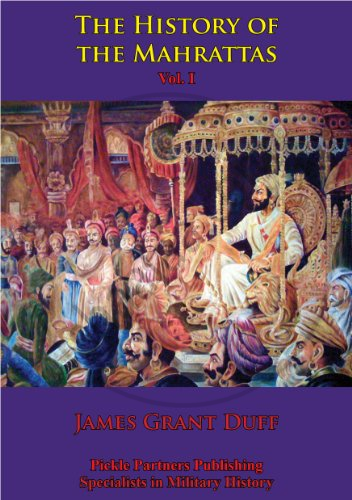Topics
Historiography : Development in the West
History : Applied History
Working of the Constitution
Historiography : Indian Tradition
The Electoral Process
Political Science : Working of the Indian Constitution
Applied History
Political Parties
History of Indian Arts
- What is ‘Art’?
- Indian Traditions of Visual Arts (Drik Kala): Painting
- Prehistoric Paintings
- Mural Paintings and Cave Painting
- Folk Styles of Paintings
- Classical Styles of Painting
- Miniature Paintings in Manuscripts
- Modern Indian Paintings
- Indian Traditions of Visual Arts (Drik Kala): Sculpture Art
- Indus Civilization Sculpture
- Folk Styles of Sculptural Art
- Classical Styles of Sculptural Art
- Indian Iconography
- Indian Traditions of Visual Arts (Drik Kala): Architecture and Sculpture
- Rock-cut Architecture
- Temple Architecture
- Indo-Islamic Architecture
- Indo-Gothic architecture
- Indian Traditions of Performing Arts
- Indian Theatre
- Indian Music
- Indian Dance
- Present Scenario of the Performing Arts
- Art, Applied Art, and Professional Opportunities
Social and Political Movements
- Movement
- Important Movements in India
- Tribal Movement
- Farmers Movement
- Worker's Movements
- Women’s Movement
- Environment Movements
- Consumer Movement
Mass Media and History
Challenges Faced by Indian Democracy
Entertainment and History
Sports and History
Tourism and History
Heritage Management
History - Imperialism
History - 20th Century Age of conflict
History - Emancipation of Asia and Africa
History - World after World War 2
Political Science
Geographical discoveries and colonization
- Concept for Geographical Discoveries and Colonization
Africa
- Imperialism - Africa
Asia: India, China, Japan
- Concept for Asia: India, China, Japan
Dictatorships in Europe, Second World War and world
- Concept on Dictatorships in Europe
- Concept for Second World War and World
First world war
- Concept on First World War
The League of Nations
- Concept for the League of Nations
Russian Revolution
- Concept for Russian Revolution
United Nations Organization
- Concept for United Nations Organization
Africa
- Emancipation of Africa
Asia
- Emancipation of Asia
Globalization
- Globalization After World War II
Scientific and Technological Progress
- Scientific and Technological Progress After World War II
Cold war
- Formation of the Cold War
Social Diversity and Democracy
- Social Diversity
- Coccept for Caste/Race and Democracy
- Concept for Language and Democracy
- Cocnept for Religion and Democracy
- Concept for Gender and Democracy
- Concept for Democracy and Diversity
Challenges to Democracy Remedial Measures to the Challenges
- Concept for Challenges to Democracy Remedial Measures to the Challenges
Internal work
Democracy
- Democracy - Meaning, Types and Characteristics
Political Parties and Types
- Political Parties
- Importance of Political Parties
- Major National and Regional Parties in India/ Types of Political Parties
Notes
Historiography in the Modern Period:
- The British period was termed as a modern period by historians.
- The modern period is also known as colonial period as during this period the British exploited our country to great extent.
- This period changed us from traditional to modern one.
- Under the British administration, archaeological excavation and study in India began in the 20th century.
- Many British officials in India wrote about Indian history. Their writings display strong influence of the colonial policies of the British.
Indian Historiography written by Britishers:
1. Sir Alexander Cunningham:
|
Alexander Cunningham |
- The first Director General of the Archaeological Survey of India, Sir Alexander Cunningham, supervised the excavation of a number of historic sites.
- He primarily focused on the locations listed in the Buddhist writings.
- Sir Alexander Cunningham’s administration saw the discovery of the Harappan Civilization.
- He carried out excavations at Sarnath and wrote a book on it. He wrote on sculptures in the temples of Kashmir. He also wrote on Numismatics, temples, stupas, and geography.
- He studied and conducted research on relics found in Bodh Goya. He laid the foundation of different disciplines required in the study of archaeology.
2. Sir John Marshall:
|
John Marshall |
- He was the Director of the Archaeological Survey of India from 1902 to 1931. During his tenure, excavations at Harappa, Mohenjo Daro, Takshashila, and Sanchi were carried out.
- This discovery allowed for the dating of Indian history to the third or possibly earlier millennia B.C.E.
- He modernized the approach of cataloguing and conservation of ancient monuments. He published information on inscriptions discovered at various sites.
3. James Mill:
|
James Mill |
The History of British India |
- James Mill was a Scottish philosopher, historian, and economist.
- He started writing "The History of British India" in 1806 and completed it in 1817. It was published in 3 volumes.
- This was the first work by a British historian on Indian history.
- It clearly displays a lack of objectivity and prejudice toward many facets of Indian culture.
4. Mountstuart Elphinstone:
|
Mountstuart Elphinstone |
The History of India |
- In 1841, Mountstuart Elphinstone, the governor of Bombay (modern-day Mumbai), released "The History of India".
- He was a British official who did much to promote popular education and local administration. As an envoy, he was appointed to the court of Peshwa II, Bhosales of Nagpur, and in the court of Gwalior. He knew Greek, Marathi, Roman, and Persian languages. The wealthy natives of Bombay founded a college and institute to honour him for his work.
5. Grant Duff:
|
James Cunninghame Grant Duff |
The History of the Mahrattas |
- In Indian history, the Maratha Empire was a critical time. Among the British commanders who wrote about Maratha's history, Grant Duff's name stands out.
- The book "A History of the Mahrattas" is authored by him. Three volumes of this book have been published.
- The literature of Grant Duff also demonstrates the British tendency to disregard Indian history and culture.
- Two Indian historians, Nilkanth Janardan Kirtane and Vishwanath Kashinath Rajwade took it upon themselves to point out the shortcomings in Grant Duff's writings.
6. Colonel Todd:
- Colonel Todd's historical works about Rajasthan exhibit a similar tendency.
7. William Wilson Hunter:
- William Wilson Hunter's two books on Indian history display a largely objective approach to the subject.
If you would like to contribute notes or other learning material, please submit them using the button below.
